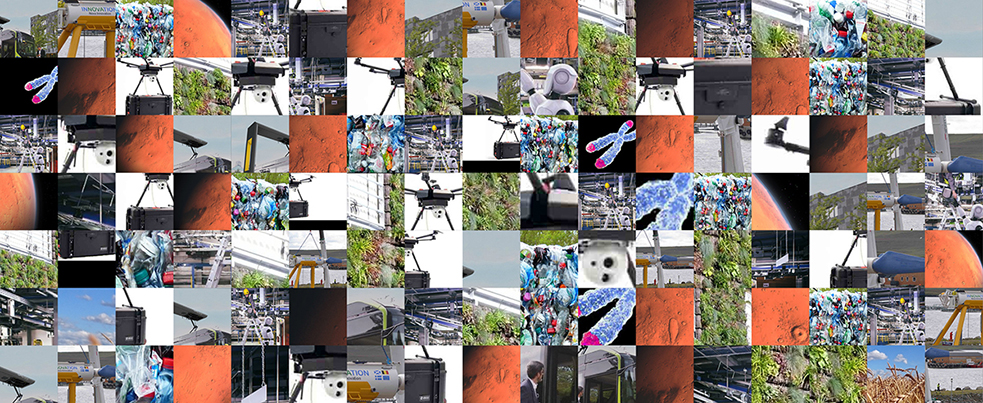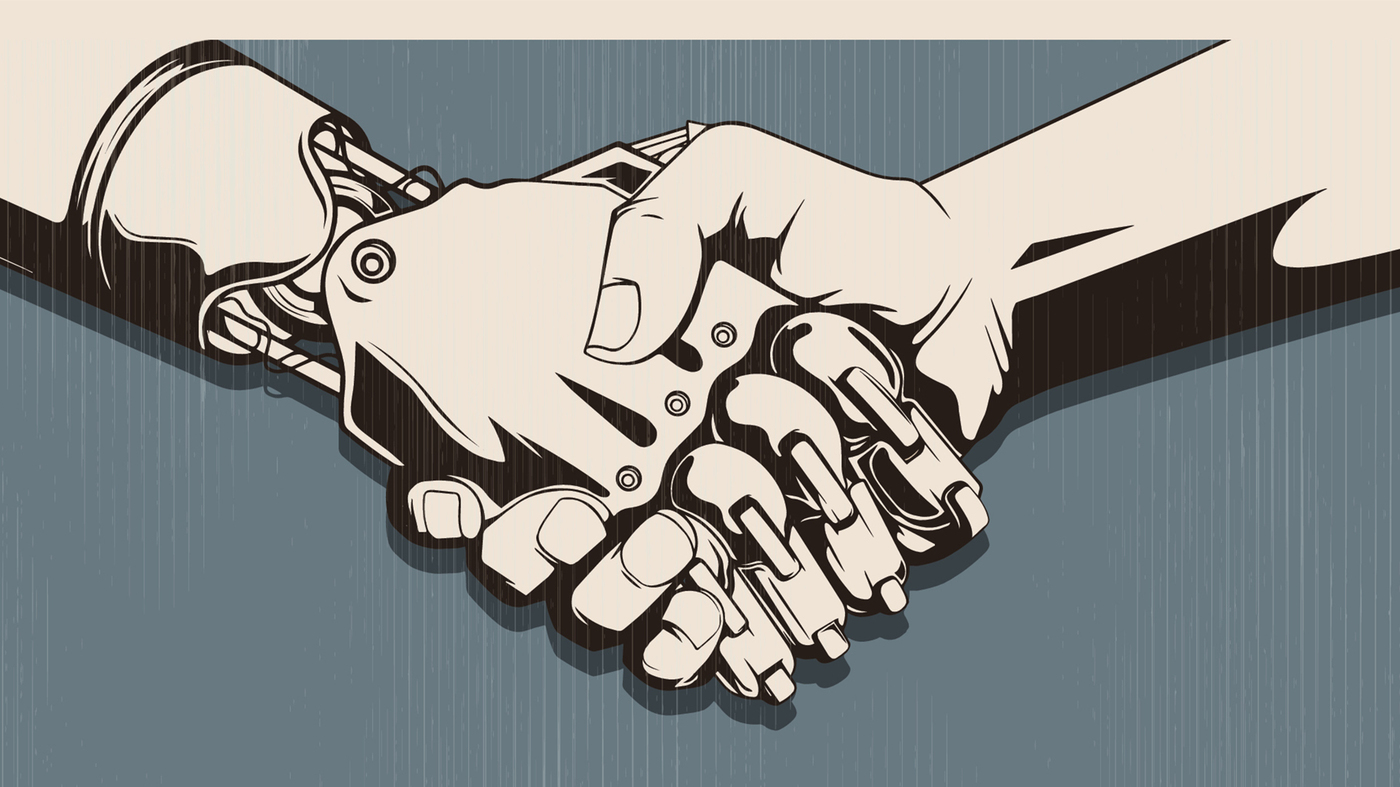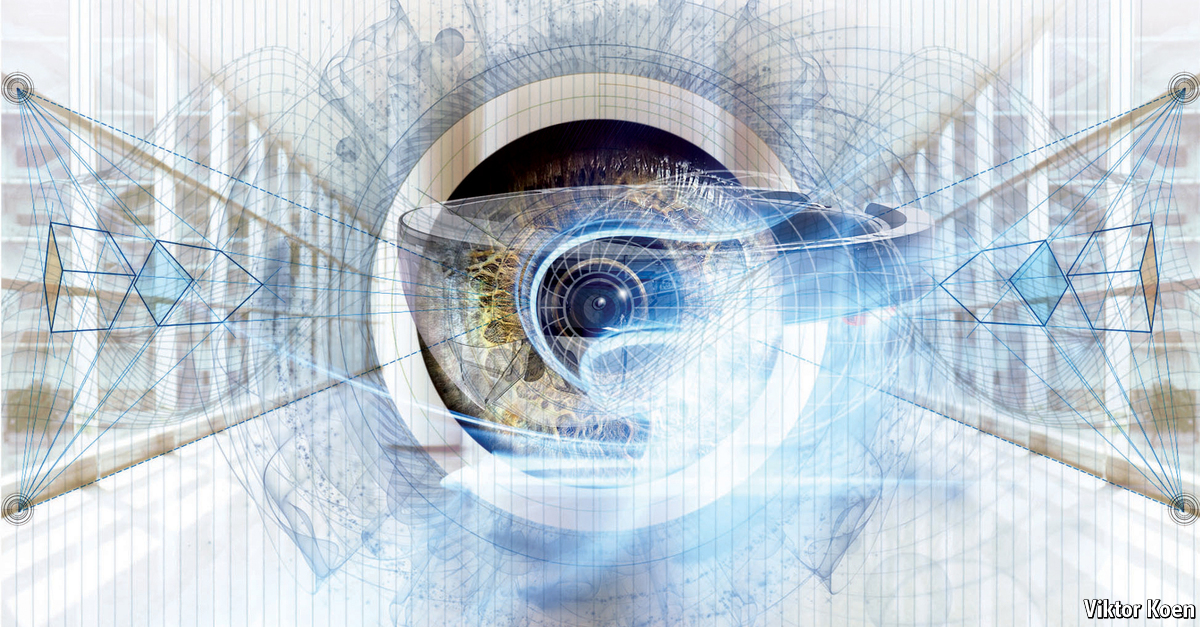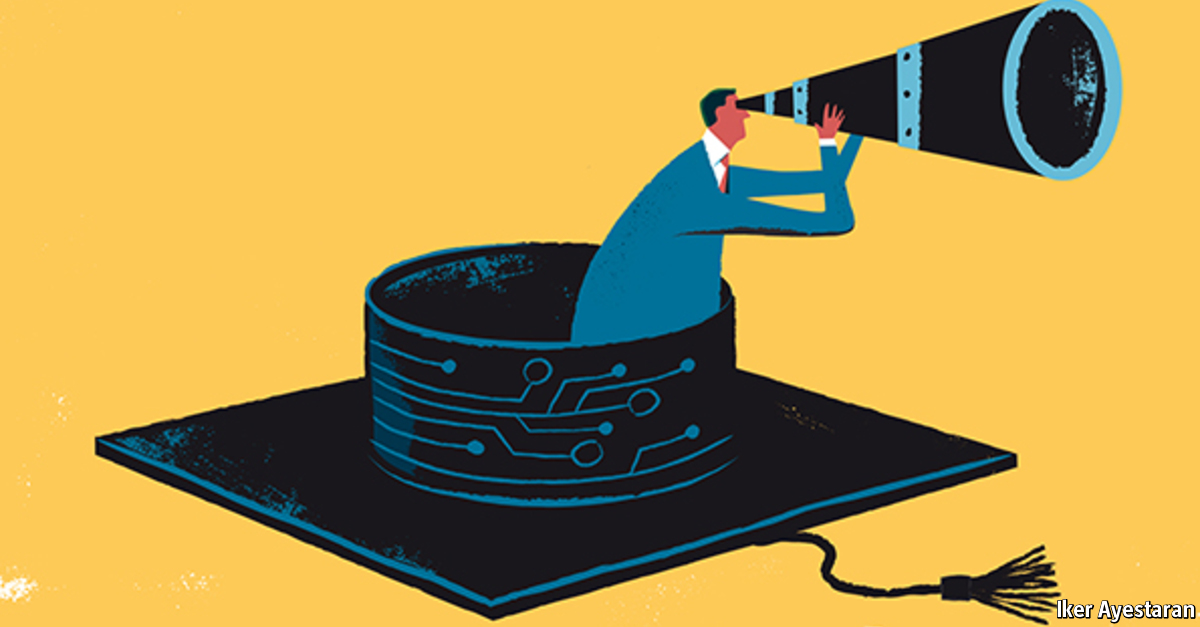Track How Technology Is Transforming Work
Without data on how artificial intelligence is affecting jobs, policymakers will fly blind into the next industrial revolution, warn Tom Mitchell and Erik Brynjolfsson.

Send us a link
Without data on how artificial intelligence is affecting jobs, policymakers will fly blind into the next industrial revolution, warn Tom Mitchell and Erik Brynjolfsson.

The STM Association Future Labs Committee explores the technology trends that will impact scholarly publishing by 2021.

At the halfway point of the EU’s biggest research and innovation funding programme, Horizon 2020, we explore a selection of EU-funded projects whose breakthroughs could help to shape Europe during the next 60 years.

A report based on the sessions at the SpotOn London conference held at Wellcome Collection Conference centre in November 2016.
As machine learning surpasses human intelligence, where does that leave us? This hour, TED speakers explore ideas about the exciting — and terrifying — future of human-robot collaboration.

Jürgen Schmidhuber says artificial intelligence will surpass humans’ in 2050, enabling robots to have fun, fall in love – and colonise the galaxy.
Without data on how artificial intelligence is affecting jobs, policymakers will fly blind into the next industrial revolution, say Tom Mitchell and Erik Brynjolfsson.

How is machine learning becoming increasingly intertwined with a range of research fields?
Consider biomedical preclinical and clinical research, in which the trusted service involves the exchange of papers, data, software, reagents, and so on.
Are we ready to give up traditional financial and governance control in favour of decentralised blockchain applications harbouring greater transparency?

How a public blockchain would fundamentally change the way we govern and do business.

10 breakthrough technologies that will affect the economy and politics, improve medicine, or influence our culture.

From pilots to practice, more and more publishers are warming to open peer review.
Revised text of a talk given by the Director of Libraries at MIT.

Computational thinking and techniques are so central to the quest of understanding life that today all biology is computational biology.
Google today said it is acquiring Kaggle, an online service that hosts data science and machine learning competitions.

Report highlighting the need for a reference database of research organisations.

If you are a futurist or make predictions, send them to us, and the whole world will see them.
New software that sees spots and stripes are helping biologists track animals in the wild without the tranquilizer guns and radio collars.

Reading a scientific paper is not the same as understanding Shakespeare.

The human brain?
If we were to have to invent the scholarly publishing system again from scratch today, what would it look like?
The EU should listen to the innovators, knowledge creators and developers when it comes to data mining: the potential benefits are too great to be ignored, writes Helen Frew.

Replacing the real world with a virtual one is a neat trick. Combining the two could be more useful.

Drone technology is quickly evolving from a geeky accessory to multi-billion dollar industry.

A European professor and journal editor argues that the use of AI in peer review could hamper scientific advancement.

Technological change demands stronger and more continuous connections between education and employment.
